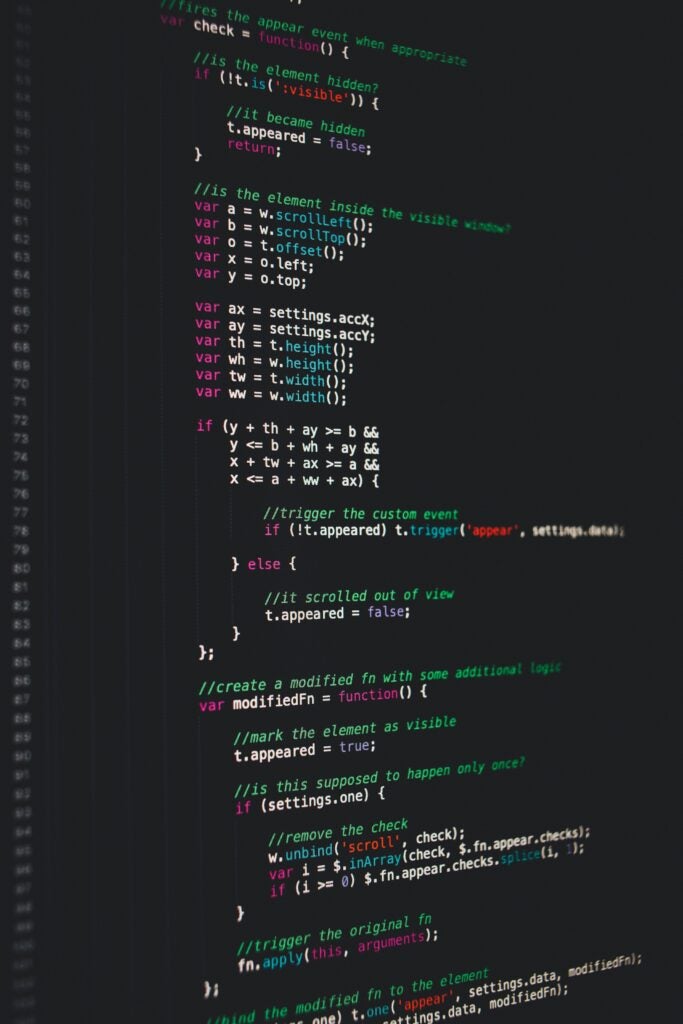Sharing Government Software: How Agencies are Cooperatively Building Mission-Critical Software
Since the 1960s, agencies at all levels of government have created software to fulfill their missions, and shared that software with other agencies. By working together, these intergovernmental software cooperatives have quietly created and maintained vital digital tools that agencies rely on to serve the public. States’ DMVs, highway departments, libraries, labor agencies, emergency managers, insurance commissioners, and transit agencies are all likely to rely on software created by an intergovernmental software cooperative.
This report reviews the features of intergovernmental software cooperatives, examines several different examples, looks at different categories of cooperatives and their governance structures, and inventories known cooperatives both within and outside of the United States. Agencies rethinking how they obtain technical functionality, budget officials looking to control costs and outcomes, or private funders that want to improve public services may find this report particularly useful.


